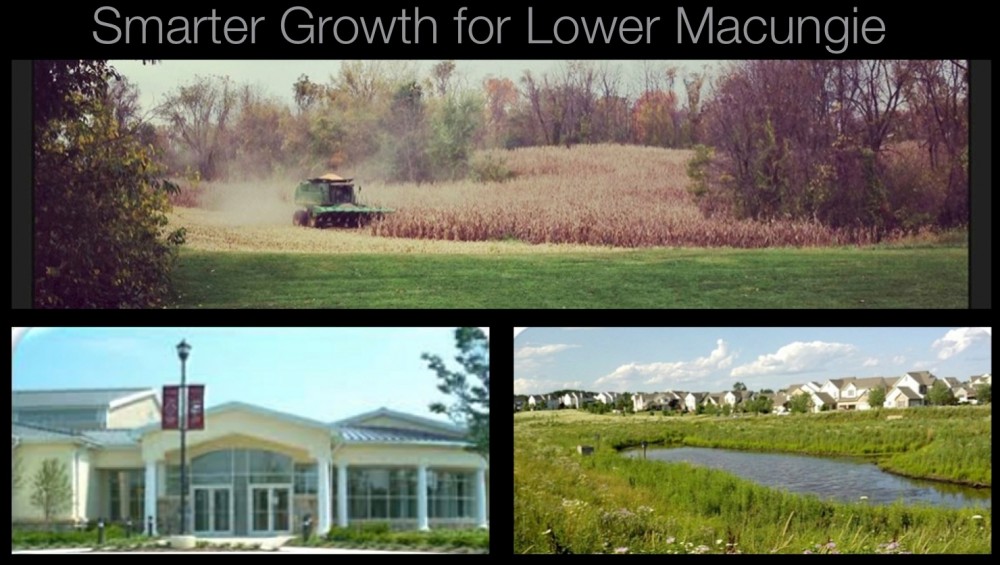Similar to the state and county, local governments (Townships, Cities & Boroughs) can also make emergency declarations. Locally, the paperwork has been prepared should this be needed. However, at this point Lower Mac has not declared an emergency declaration due to COVID-19. I don’t anticipate it happening at this point.
What does an emergency declaration do?
According to the Pennsylvania Emergency Management Agency here is what an emergency declaration does and doesn’t do.
·Funding: First, there is no need for a municipality to declare a local disaster emergency in order to access emergency funding. The state has already declared an emergency and will be eligible for its share of federal funding. That funding is sent in a block to the state to be distributed based on need. Declaring an emergency in your borough or township will not determine if your municipality receives funds or how much it may receive. To date, the township has not spent funds dealing with COVID-19. Even if we did, as stated above it’s not necessarily a pre-requisite to declare an emergency to get reimbursed by the federal or state government.
·Law Enforcement: Declaring a local disaster does not confer any additional powers to local law enforcement. Even so, Lower Mac gets police protection from the PA State Police.
·Facilitation of purchases / hiring temporary workers: However, declaring a local disaster may be of benefit to local governments in the following areas:
(c)Contracts & obligations.
An emergency declaration gives municipalities the power to enter into contracts and incur obligations necessary for disaster emergency management, response and recovery.
(d) Temporary suspension of formal requirements.
Municipalities declaring emergencies are authorized to exercise emergency powers without regard to time-consuming procedures and formalities prescribed by law (excepting mandatory constitutional requirements) pertaining to the performance of public work, entering into contracts, the incurring of obligations, the employment of temporary workers, the rental of equipment, the purchase of supplies and materials, the levying of taxes and the appropriation and expenditure of public funds.
(e) Employment of personnel.
Municipalities who have declared emergencies can get Federal contributions in connection with the employment of emergency related personnel.
Why Lower Mac has not declared an emergency:
Mainly because we have not had the need to expedite deployment of resources or decision making locally. Much of the needed rapid response to COVID-19 involves systems quarterbacked by State and (in some cases) County agencies. Also, as mentioned above much of the local provisions authorized by the state deal with having to enter into contracts or conduct other local government business in an expedited fashion.
Though COVID-19 is a very serious issue, the nature of the beast has not required that we do any of this. To contrast, a weather related emergency such as a hurricane could dictate the township deploy public works to do things like clear roads or make emergency repairs of infrastructure. There could be costs associated with these actions, so this would be an example of where a local disaster declaration would make sense.
Since by nature declaring a disaster in theory could open the door to reducing government transparency, taking these actions should be a measure of last resort.
What we’re doing locally in response to COVID-19 is making decisions about public facilities including closures, communicating that information to residents, protecting public employees in the workplace and amplifying state public health messages. We can do this at a high level with resources already in place.
*Note, thanks to Senator Pat Browne’s staff for excellent clarification on some of these points. They have been an important resource.
